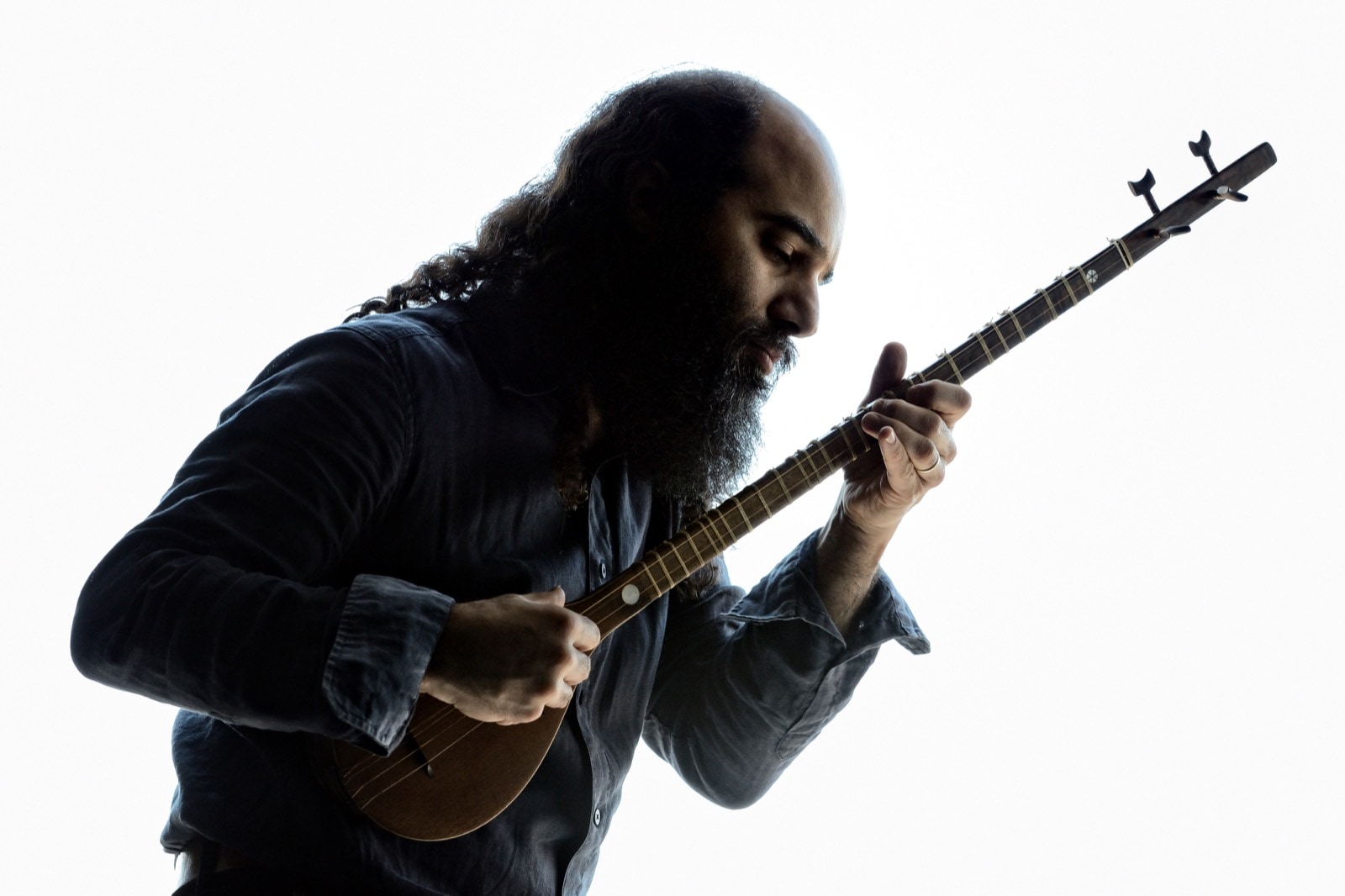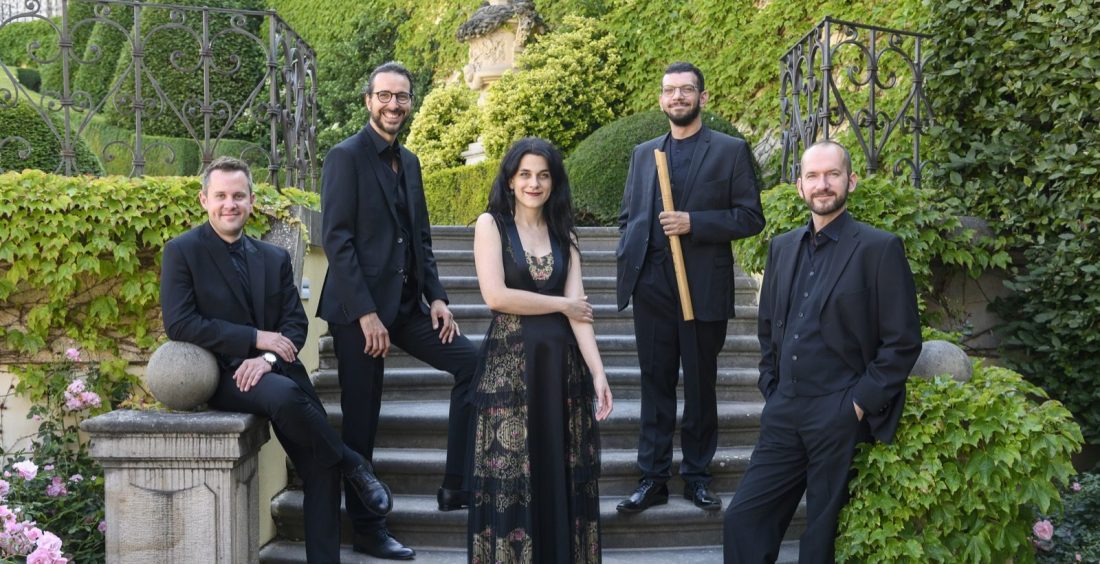Kryštof Harant – Journey to the Holy Land
The concert will take place without an audience in the hall.
You can watch the broadcast of the concert as well as two dozen others on our website for free.pr
Programme
- Kryštof Harant z Polžic a Bezdružic: Missa quinis vocibus super Dolorosi martir
- Kryštof Harant z Polžic a Bezdružic: Qui confidunt in Domino
- Kryštof Harant z Polžic a Bezdružic: Maria kron, die Engel schon
- Kryštof Harant z Polžic a Bezdružic: God grant you happiness
- Kryštof Harant z Polžic a Bezdružic: Psallite Domino in cythara
- Kryštof Harant z Polžic a Bezdružic: Cypriot manuscript Ms.J.II.9
- : Nikiforos Naftouniaris collection
Performers
- Cappella Mariana
- Vojtěch Semerád – Artistic Director
- Constantinople
- Kiya Tabassian – Artistic Director
- Saša Rašilov – reciter
Watch now!
Kiya Tabassian – interview
Musical journey to exotic regions
The remarkable life of Czech humanist Kryštof Harant of Polžice and Bezdružice ended prematurely in Prague’s Old Town Square on 21 June 1621. The execution of Czech noblemen was the catalyst for huge social change throughout Europe, ultimately becoming the incendiary event that led to the Thirty Years’ War. In a year marking the 400th anniversary of Harant’s death, the legacy of this, one of the most distinctive figures of the estates’ uprising continues to find relevance to this day. Due to historical upheaval, however, Harant’s musical heritage regrettably remains incomplete. The aim of this new project by Cappella Mariana is to present all of his surviving works, including fragments, in their authentic guise, and also to inform the audience of his literary legacy as well – a travel book, unprecedented in its time, detailing his expedition to the Holy Land and back again. Harant’s colourful text, narrated by Saša Rašilov, will guide listeners on their musical journey to exotic regions – Cyprus, Jerusalem, Sinai and Cairo. In addition to Harant’s compositions we will also hear the music of distant lands. “The project involves phenomenal setar player and artistic director of the Constantinople ensemble Kiya Tabassian who, with his Persian roots, is well qualified to ensure that we find a common musical language,” says Cappella Mariana’s artistic director Vojtěch Semerád. Thus the two ensembles won’t remain on opposite sides of the Bosphorus, but will come together in a joint performance that blends both cultures.
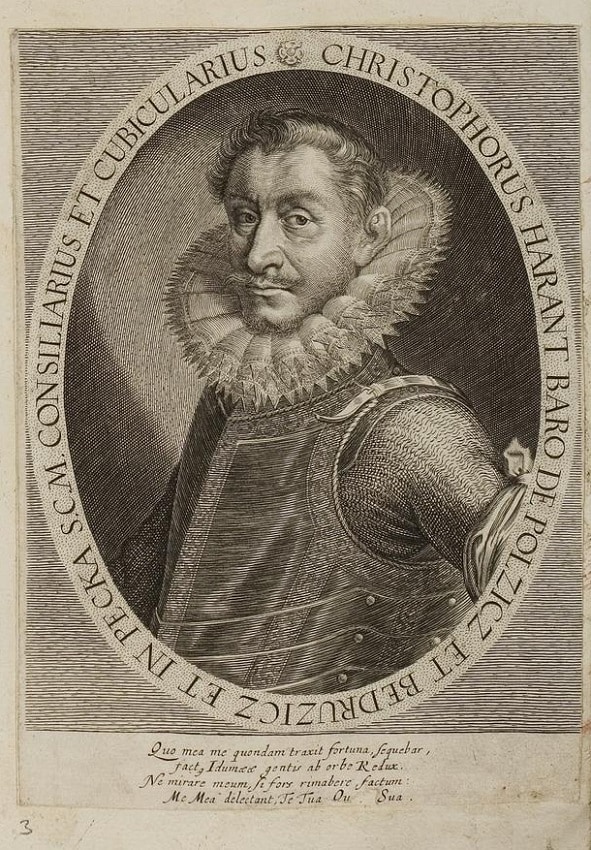
Discovery to distant horizons
“During the 16th and 17th centuries the vibrancy of music – and art in general – founded on Eastern traditions from Persia to the Eastern Mediterranean, contributed to the creation of multicultural societies. Dialogue and mutual enrichment between artists of different cultures were commonplace,” Semerád explains. “We will find evidence of these musical and cultural exchanges in period works that appear in musical manuscripts of 17th century Osman, Persian and post-Byzantine origin. These compositions will be combined with other masterpieces surviving for centuries through the oral tradition and handed down from one generation to the next; together they provide a comprehensive picture of the atmosphere and local colour of the places Harant himself visited and the music he heard on his travels. The Journey is like a beacon which will act as a guide for both ensembles – a geographical, historical, cultural and inner voyage of discovery to distant horizons,” Semerád concludes.
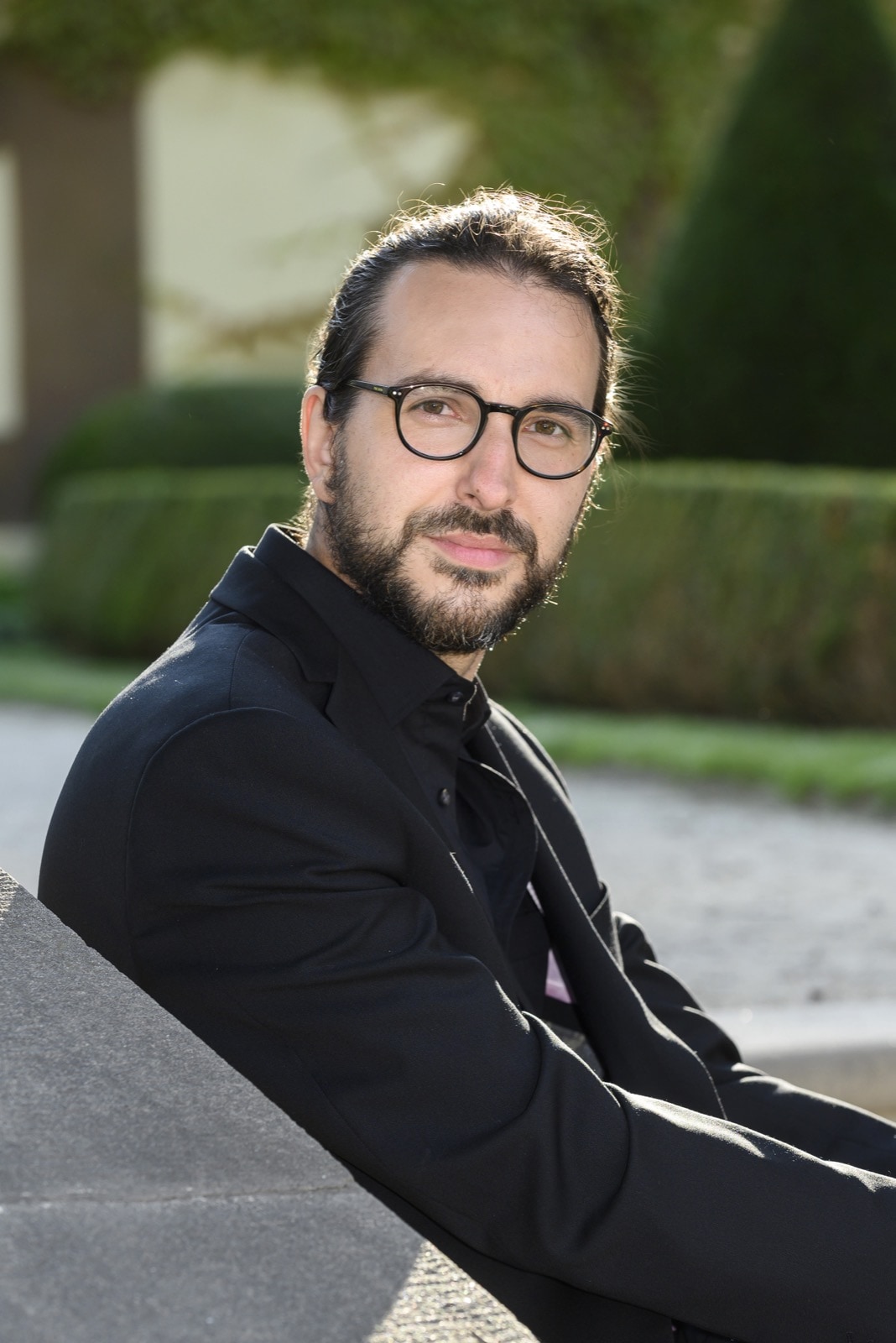
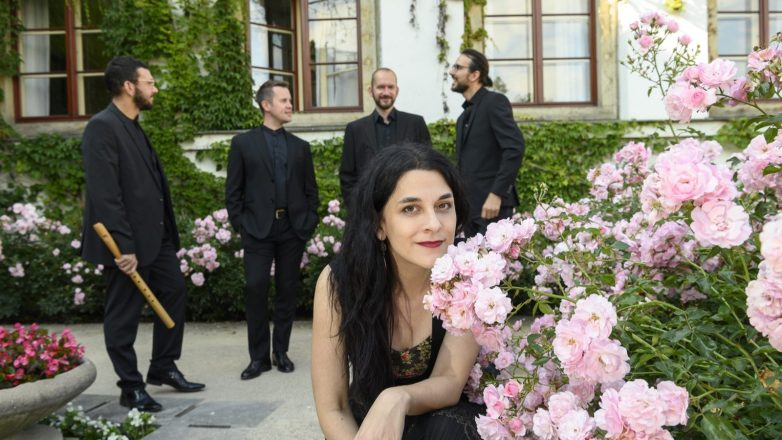
Cappella Mariana
Cappella Mariana is a leading vocal ensemble specialising in the performance of mediaeval and Renaissance polyphony and vocal works of the early Baroque period. The ensemble’s concerts are always very well received by the public and also by the critics, who applaud their eloquent expression and sensitive approach to the text. “Flawless unity of sound, precise intonation, polished details, brilliance,” is how Harmonie magazine’s Michaela Freemanová described the characteristics of their performance. Cappella Mariana was established in 2008 and is one of the few native vocal ensembles to focus on the presentation of neglected vocal polyphonic works from the domestic archives, and also compositions from the Italian, Flemish and English Renaissance. The group comprises internationally acclaimed singers who perform Baroque and Pre-Romantic music as well. They are regularly invited to prestigious festivals in Antwerp, Utrecht, Dortmund and Madrid. Their discography includes a recording of the Renaissance manuscript Codex Speciálník (Polyphony in Prague around 1500) and the CD Song of Songs, released to mark the ensemble’s tenth anniversary.
Cappella Mariana is headed by artistic director Vojtěch Semerád who, since graduating from Prague’s Charles University and Conservatoire National Supérieur in Paris, has been unearthing a variety of historical sources, from the Gregorian chant to Renaissance polyphony, putting together original collections in which he places early music in 21st century contexts.
Kiya Tabassian
Virtuoso on the Iranian string instrument known as the setar, and respected composer Kiya Tabassian acquired his initial musical training in Persian classical music. His setar teachers were Reza Gassemi and Kayhan Kalhor, and he perfected his composition techniques with Gilles Tremblay. In 1998 Tabassian established the Constantinople ensemble in Montreal, where he had emigrated from his native Tehran eight years earlier. Thanks to the distinctive way it links historical musical sources with contemporary aesthetics and the living traditions of the Middle East, the ensemble soon acquired a privileged position on the international scene. Kiya Tabassian has developed close to forty original programmes which have been presented at prestigious festivals around the world, such as the Festival d’Aix-en-Provence and Festival Internacional Cervantino, or in the Salle Pleyel in Paris and the Berliner Philharmonie. Over the past ten seasons he has given more than 800 concerts in 120 cities across almost thirty countries.
